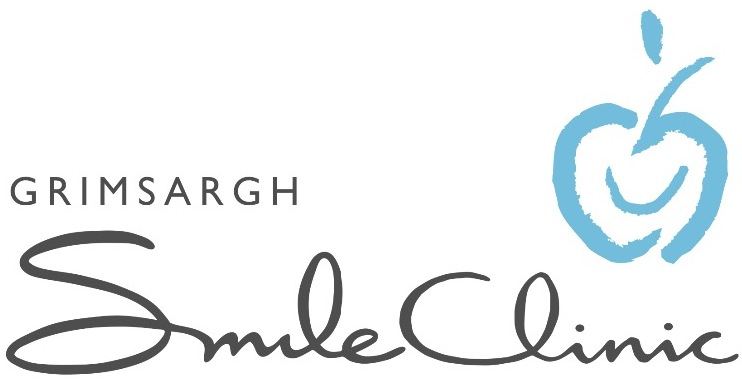What Is Dental Sedation and How Does It Work?
Posted on 21st February 2019 at 18:46
Does your body fear to a fault when the thought of having your teeth cleaned at the dentist? Would you rather prefer to live with the pain of toothache than step your foot into our Preston dental practice?
Trust us; you are not alone in this. Most people are so afraid of going to see a dentist that they would rather not have any treatment at all than going to see a dentist.
If you have stayed away from going to see a dentist because of dental anxiety, dental sedation (sedation dentistry) is always a great option to help take away that anxiety.
From simple tooth cleaning to invasive procedures, IV sedation can come in handy to help you relax during your treatment. However, how sedation is used largely depends on how severe your fear is.
What is dental sedation?
Dental sedation or sedation dentistry makes the use of medications to help patients relax when having dental treatment such as Dental Implants or tooth extraction.
Although not completely correct, some people refer to dental sedation as “sleep dentistry”. With the exception of those under general anesthesia, patients are usually awake when having dental treatments under IV sedation.
The sedation used in dental procedures are usually in stages and includes minimal sedation, moderate sedation, deep sedation, and general anesthesia. While you will be wide awake with minimal sedation, you will be completely unconscious when given general anesthesia.
What are the types of sedation can be used in dentistry?
There is a couple of dental sedation available, and they include:
#1: Inhaled minimal sedation
Here, you will be required to inhale Oxygen combined with nitrous oxide which is also referred to as laughing gas.
This combination of gases will be given to you through a mask that will be placed over your nose. What this gas does is that it helps you relax and but not make you unconscious. Your dentist can determine the amount of sedation he gives to you and the gas also doesn’t last long. With this type of sedation, you can still drive yourself home after your procedure. This is not a common form of sedation anymore in Preston, UK.
#2: Oral sedation
Oral sedation can vary from minimal sedation to moderate sedation depending on the total dose given to you. For minimal sedation, you will only take a pill – usually Halcon which will also be given to you one hour before you go in for your treatment. The pill will keep you awake but could also make you drowsy.
To produce moderate sedation, a larger dose may be given. Some people may become so groggy with moderate sedation that they could fall asleep. However, with just a gentle shake, you can wake them up.
#3: IV moderate sedation
This sedation drug is often given through the vein, so it goes to work quickly. This method is a good one to allow the dentist to continually and gradually adjust the sedation level. This is our preferred choice here at Grimsargh Smile Clinic as it's easy to administer, no side effects and completely under our control.
#4: Deep sedation and general anesthesia
This involves giving you a medication that will either make you almost or completely unconscious, making you deeply asleep during the procedure.
Until the effect of the drug wears out or reversed with medication, it may not be easy waking you up when you are under general anesthesia. This is generally only an option at local dental hospitals in Preston and your dentist can refer you to them.
However, it doesn’t matter what type of sedation you will be given, if the procedure causes any pain or discomfort, you will also be given local anesthesia to help numb the site where the dentist is working in the mouth.
Who should be given dental sedation?
Sedation is mostly given to people who have a high fear of seeing the dentist – called dental anxiety. This has prevented thousands of people from going to see a dentist.
Dental sedation can also be given to people who:
Have very sensitive teeth
Have a low pain threshold
Need lots of dental work to be done
Some children who won’t cooperate during a visit to the dentist.
Have more questions or want more information about Dental Sedation in Preston?
If you have more questions or would like a detailed answer about a concern that you may have, why not give us a call on 01772 651130 or if you prefer our team to call you back, simply fill out of contact form.
Share this post:



